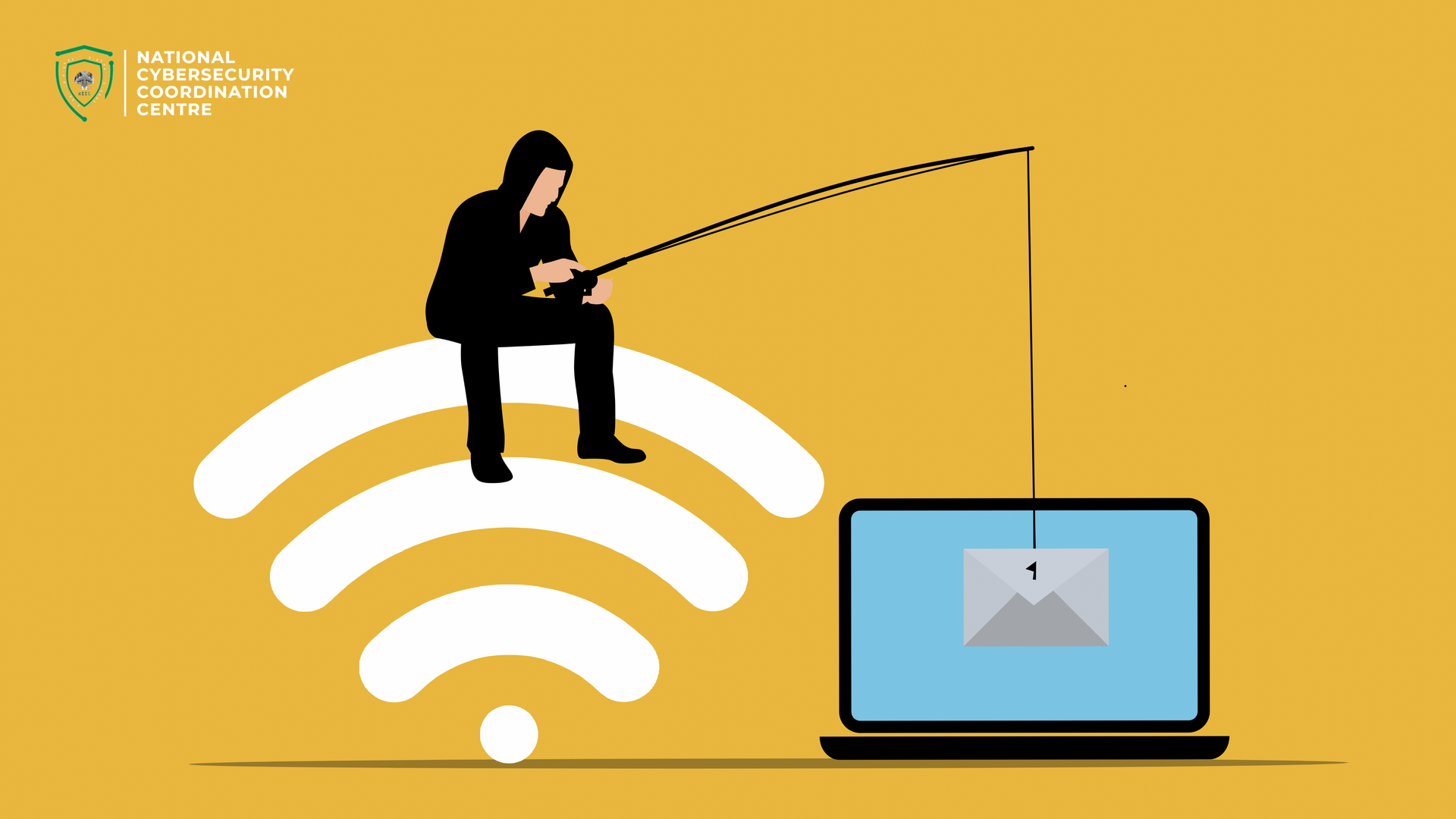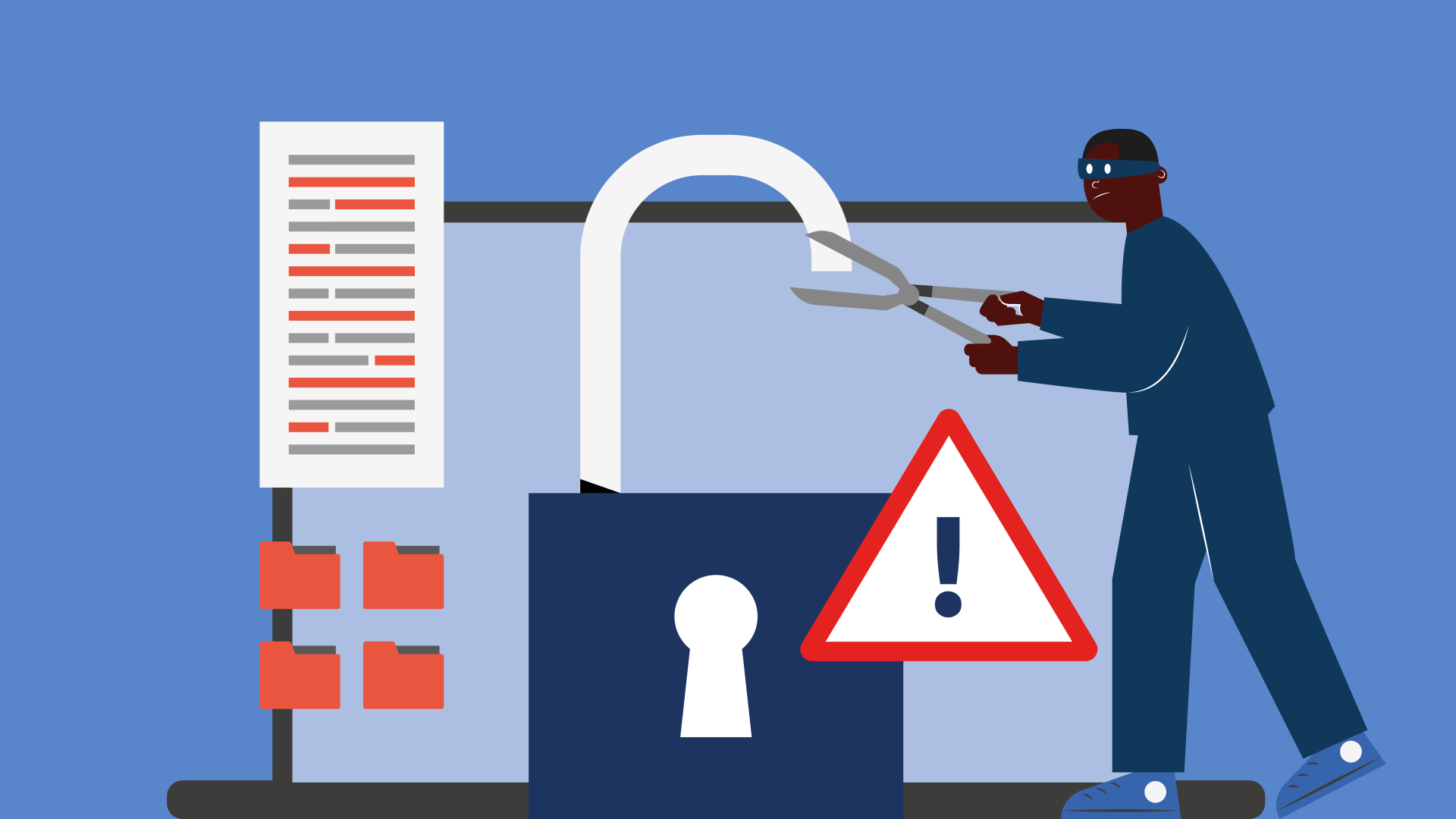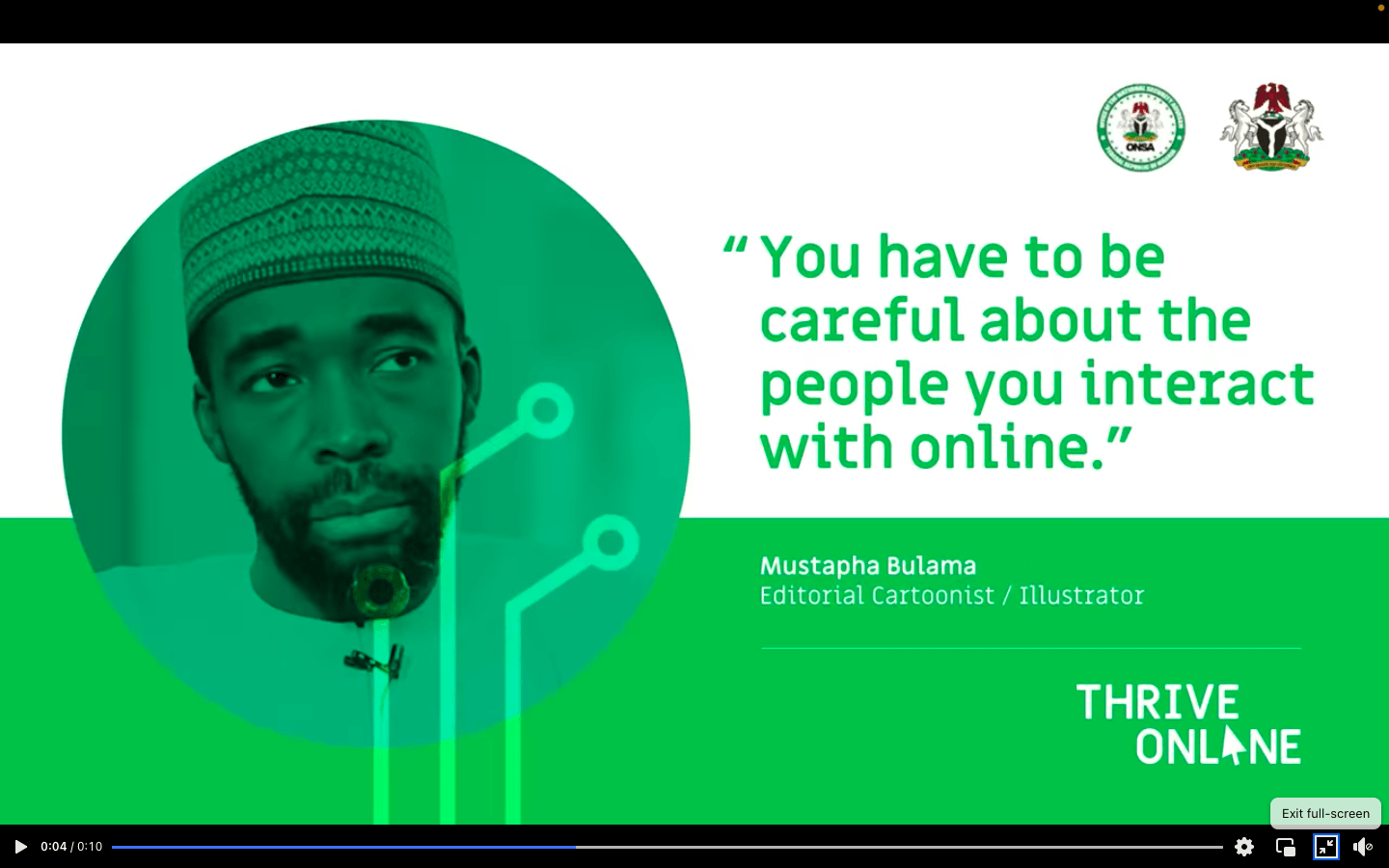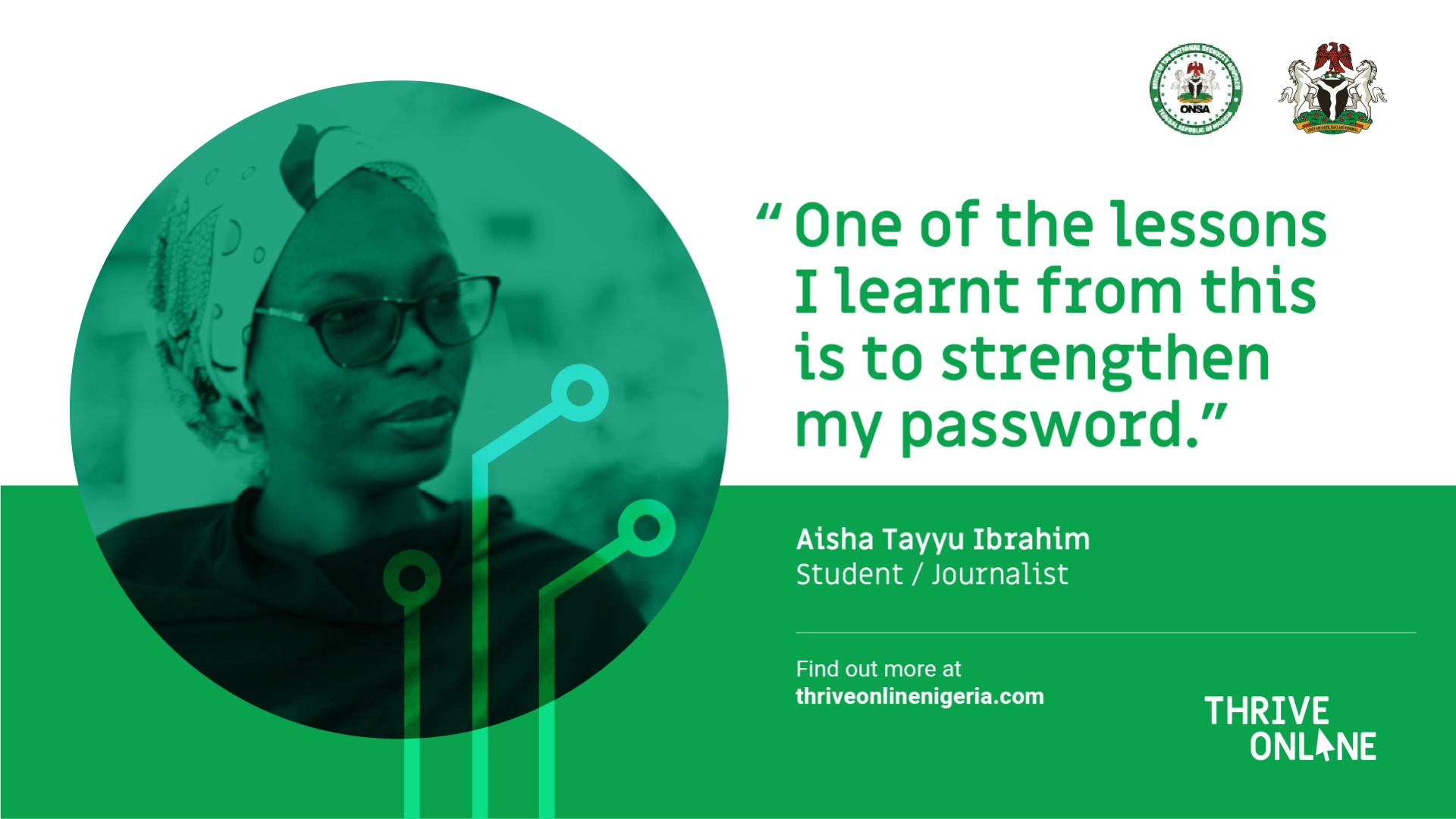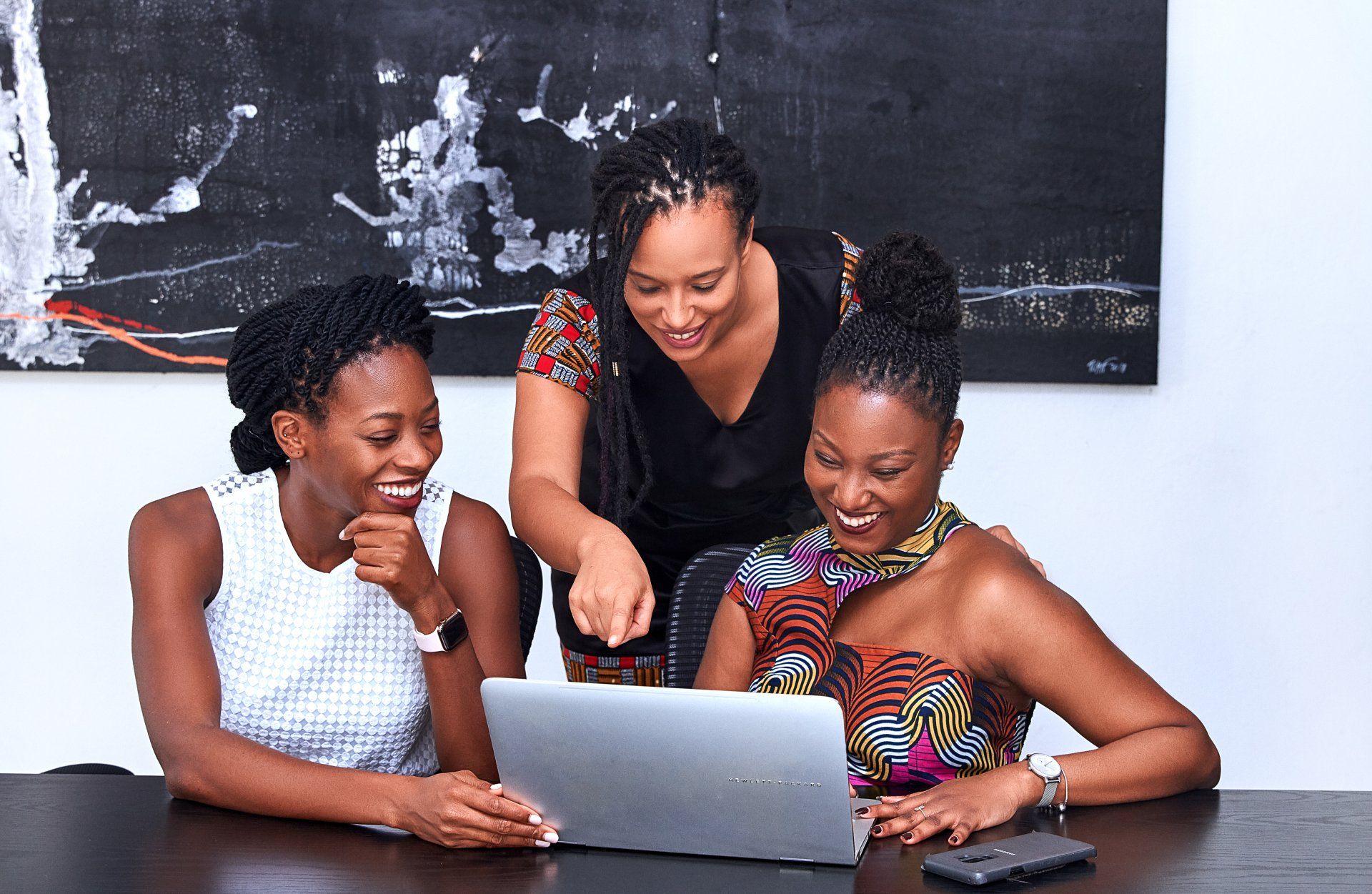An interview with Confidence Staveley
Tackling cybercrime with confidence
In 2019, Confidence Staveley wouldn’t have classed herself as a cyber security evangelist. Raising awareness of cybercrime was something she did casually – but only through her consultancy day job and the occasional press interview.
Two years on, she now runs the Lagos-based Cybersafe Foundation, an organisation established to promote safer digital across Africa.
The turning point was when Confidence’s mother fell victim to a classic banking scam, divulging vital information which gave a fraudster access to her account.
“Despite my mother being pretty savvy with technology, this criminal still managed to get sensitive information out of her,” explains Confidence. “That changed my perspective on raising awareness of the dangers of cybercrime. I wanted to help other people - to prevent them from having the same experience. That led to the Foundation being established.”
“Thankfully, when my mother realised what had happened, she reacted quickly. That’s a common piece of advice we always push through the Foundation: act quickly to stop the bleeding. Time is of the essence with anything cyber-related. That’s why I’m really big on the importance of an instant response. People need to know what to do to salvage the situation but the quicker you realise something’s happened, the quicker you can take action.”
Where it all began
The Foundation’s first concerted campaign was NoGoFallMaga. With its popular, relatable references to popular slang, the campaign focused on getting people to understand how deception and cybercrime often go hand in hand.
Subsequent campaigns have included Shine Your Eye (providing simple, actionable advice to the over 50s on how to protect themselves online) and Cyber Girls (addressing cyber skills shortages among women). There’s also DigiGirls, the hugely over-subscribed training, mentoring and internship programme – for which over 12,000 young women applied for just 2,400 places in October 2021.
Through their Cybersmart Child initiative, the Foundation publishes stories and songs that help children be more digitally aware. And they’re working with businesses too, encouraging them to work more collaboratively to tackle cybercrime and to use their own platforms to help raise public awareness. In fact, there’s a lot on the Foundation’s agenda.
The to-do list
“Awareness is such an issue in Nigeria – and across Africa as a whole,” continues Confidence. “People on the street don’t place the importance on cyber safety that they should, until they become victims themselves. Even then, we see people becoming repeat victims because there’s still insufficient knowledge about how fraud happens, how to protect against it and how to recover strongly.”
“Collaboration. That’s a major issue too. We need more of it. Too many organisations operate in silos, not sharing information. This means that there are masses of people who don’t understand the extent of the cyber threat. We need to get information on this into the mainstream, especially as more people go online for the first time.”
“Then there’s the skills issue. We don’t have the depth of skills we need – and some of the people who have these valuable skills use them maliciously. I want to show how these skills can be used to lift people out of poverty when used correctly – to protect, rather than to defraud. We could position cybersecurity as a force for innovation and employment; a way of tackling societal issues.”
“And don’t think our focus is just on individuals either. Our smaller businesses are highly vulnerable so we need to support them too. This isn’t about them having the best tech available; it’s just about having something to protect their businesses with. Otherwise, as criminal targets, these businesses aren’t just low-hanging fruit; they’re already on the ground! The bad guys don’t even need to put any effort in to take what they want.”
An idea takes shape
There’s no doubting the ebullient entrepreneur’s passion for her subject matter. That passion was first ignited while studying in the UK for her Master’s degree in IT Management. Choosing cryptography as one of her electives (“I’d explored many of the other areas on offer but this one was new to me”) marked the start of her cyber security adventure. Confidence returned to Nigeria and was working as a country manager in a cyber consultancy when the idea for the Foundation first took shape.
For a while, she managed to keep both plates spinning, even going as far as recruiting her first full-time employee and paying his wages out of her own consultancy salary. However, the response to NoGoFallMaga and the rapid growth of the Foundation meant that Confidence faced a big decision.
“I knew the size of the problem we were facing and how serious the response needed to be,” she recalls. “It was a tricky time for me to be thinking about sacrificing my job to grow the Foundation. However, that’s what was needed for me to give the problem my full attention, playing the leadership role the Foundation needed.”
“Now, I look back and I think we’ve come such a long way. Cyber knowledge and awareness is increasing; the cyber eco-system is stronger; people and organisations are starting to share more information; law enforcement agencies are more proactive in investigating cybercrime; and more people are being apprehended. Stakeholders are stepping up too. We’re seeing banks get involved with our Foundation work. I never would have believed that to be possible a few years ago – but they’re doing it because they’ve realised it’s a shared problem.”
Work to be done
It’s clear however that there are other potential partners that Confidence is less impressed with. “The media can certainly play a bigger part,” she says. “Raising awareness through media advertising costs a lot of money. That wouldn’t be the case if the media came onboard as partners – as happened during the Ebola epidemic crisis. Media houses treated that as an emergency. This is an epidemic too. We need everyone to realise this and work together.”
In time, maybe they will. For now though, Confidence is intent on continuing to raise awareness of the dangers posed by social engineering, investment scams, inadequate checks on the digital content seen by children, ransomware, malware - the list goes on.
But she remains resolutely positive: “I’m optimistic. I’m always positive – and we are making headway. But we can’t take our eyes off the ball. The bad guys are constantly innovating and evolving. They don’t stand still. Neither can we.”
Confidence’s top cyber security tips:
- Banks don’t ask, so never share your full card number, PIN, password, BVN or One Time Password with anyone.
- It’s a good idea to use a strong, unique password for each of your most important online accounts.
- Use two- or multi-factor authentication wherever possible.
- Use publicly available tools to verify everything you receive via email, scanning attachments or links to stay malware free.
- When using tools such as antivirus software, pay for the most up-to-date versions if possible and avoid free or cracked (unlocked) versions which will likely offer inadequate protection.


